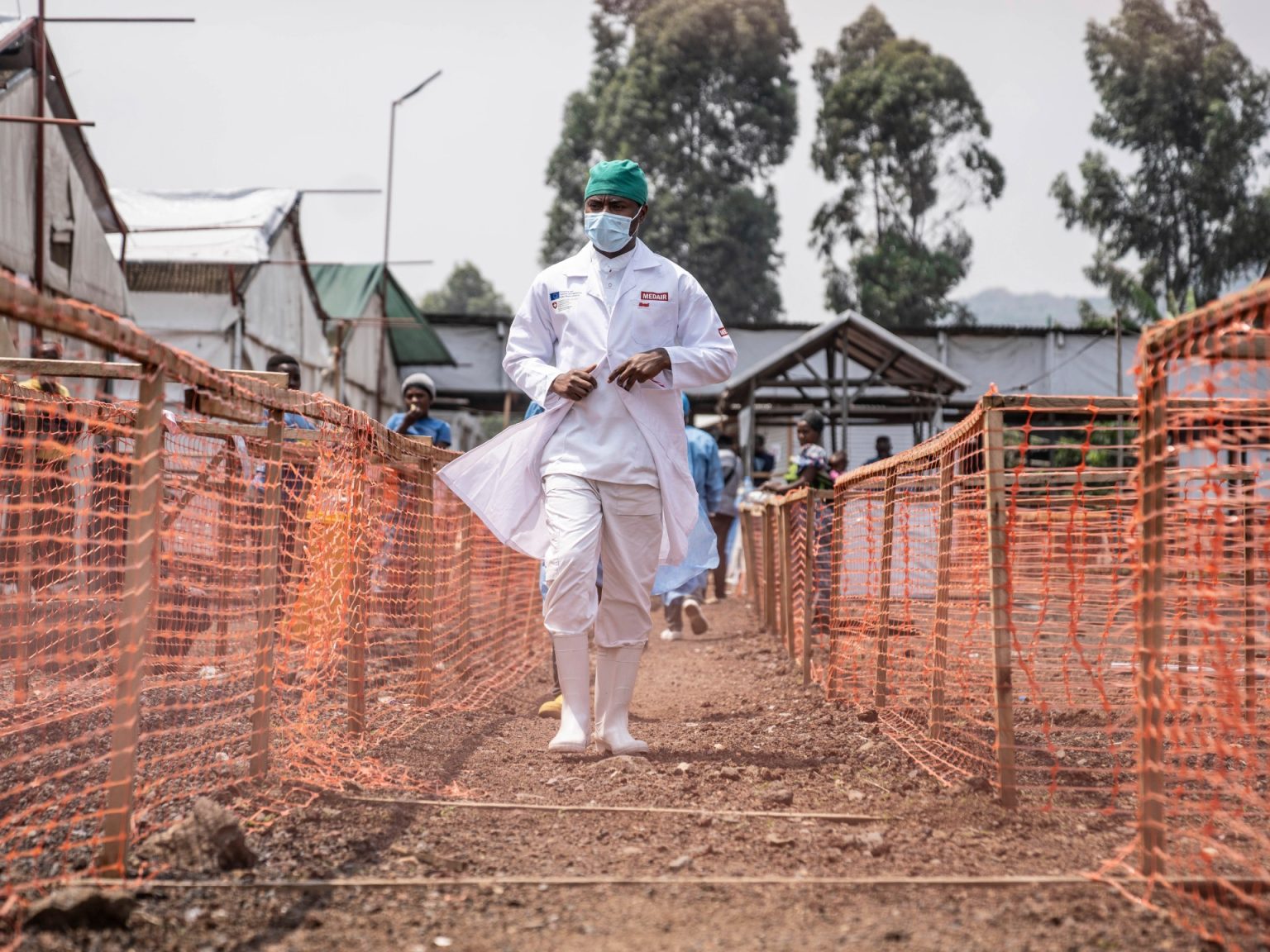The World Health Organization reports that about 4.5 billion people worldwide lack access to essential healthcare services. This is evident in the global health crises currently unfolding, such as the mpox outbreak with over 100,000 cases and at least 200 deaths, a cholera outbreak in Sudan affecting 15,000 people, and the spread of a new COVID-19 variant across 27 countries. The 2024 World Economic Summit highlighted that antimicrobial resistance and climate change are leading causes of death and economic losses globally, with an estimated 14.5 million additional deaths and $12.5 trillion in losses predicted by 2050 due to climate change.
Dr. Ahmed Ogwell, vice president of global health strategy at the United Nations Foundation, discusses the state of healthcare worldwide, the risks of infections and diseases, and the lessons learned from the COVID-19 pandemic. He emphasizes the need for heightened surveillance, improved global collaboration, and increased preparedness to address the current health threats, including mpox, dengue fever, cholera, and polio. Ogwell stresses the importance of unity in addressing global health challenges and the need for a global response to combat these issues.
Despite the lessons learned from COVID-19, the world appears unprepared for another pandemic. Ogwell highlights the lack of urgency in addressing current outbreaks like mpox and dengue fever, with systems put in place during COVID-19 being dismantled. The lack of basic screening mechanisms and policy responses to new outbreaks raises concerns about the world’s readiness to prevent and control future health crises. Ogwell emphasizes the need for continued vigilance and preparedness to avoid a repeat of past mistakes.
The ease of communication and global travel facilitates the spread of diseases like mpox, with the risk of outbreaks escalating rapidly. Ogwell underscores the importance of solidarity and cross-border cooperation to combat outbreaks effectively. With conflicts, wars, and humanitarian crises creating unhygienic conditions that fuel the spread of diseases, the global health system faces significant challenges. Ogwell warns that these environments can generate new strains of superbugs and pose a threat to global health security.
Climate change exacerbates the health risks posed by disease outbreaks, as changing weather patterns create new environments for pathogens to thrive. Natural disasters and environmental changes can lead to prolonged exposure to diseases, affecting communities that were previously unaffected. Ogwell highlights the interconnected nature of climate change and health, emphasizing the need for proactive measures to address the impact of climate change on human health. As communities face unprecedented challenges due to climate change, the healthcare sector must adapt to meet the evolving needs of the population.
The lack of access to essential healthcare services for 4.5 billion people reflects systemic issues in government investment and the commercialization of healthcare. Governments with low levels of investment in healthcare, coupled with the privatization of healthcare services in some regions, result in limited access to quality healthcare for vulnerable populations. Ogwell stresses the need for government intervention to ensure equitable access to healthcare and to prevent healthcare from becoming a luxury inaccessible to those most in need. Addressing these systemic issues is crucial to improving global health outcomes and reducing disparities in healthcare access.


